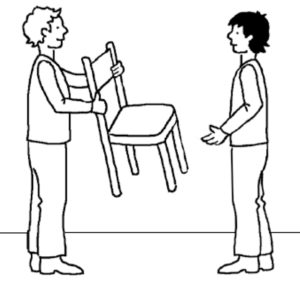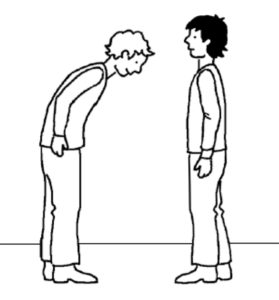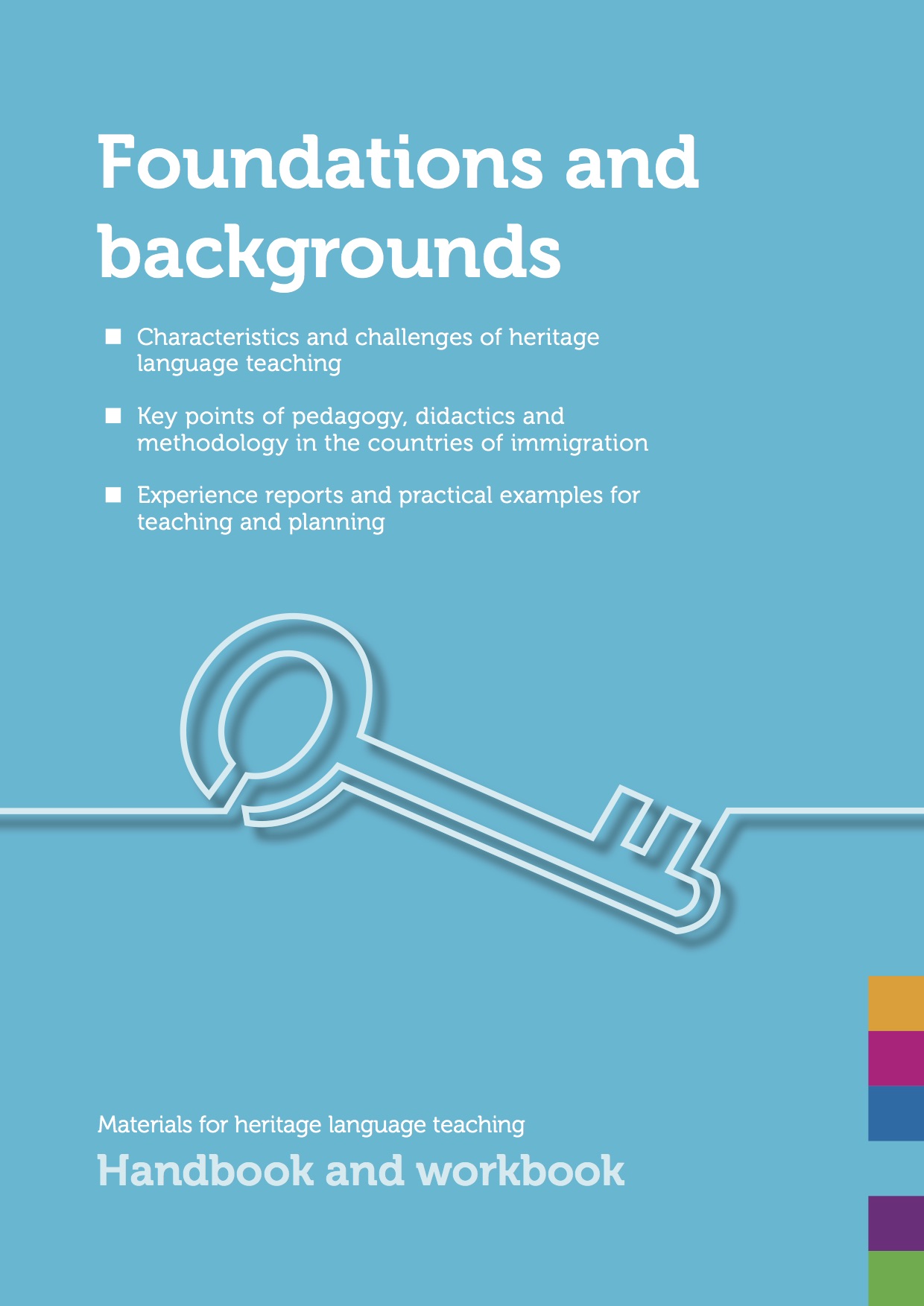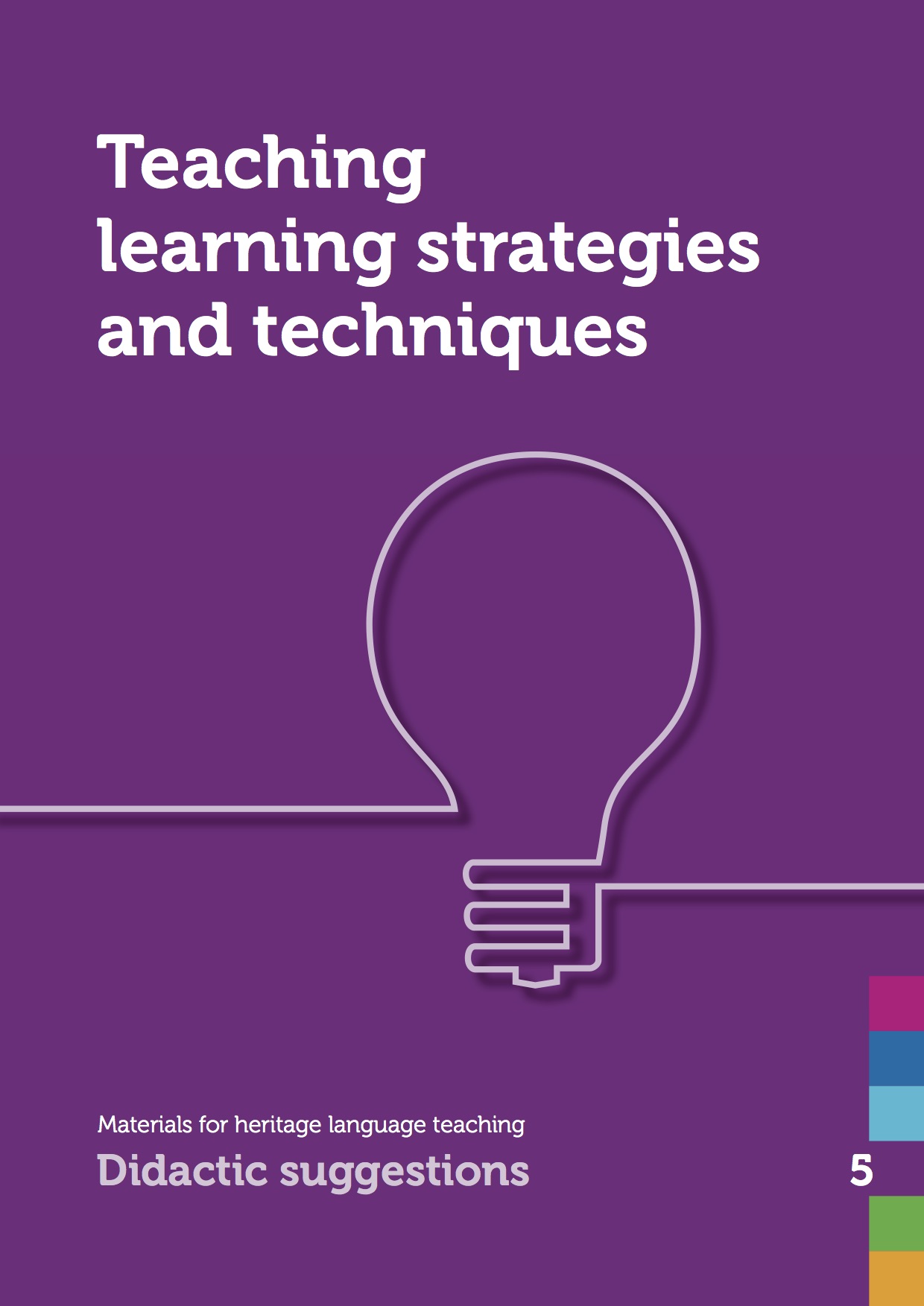Hints:
- The sensibility about nonverbal communication can be furthered when students are asked to purposely observe themselves or others in communication situations in the next 2–3 weeks and to bring examples to class.
- Source: Intercultural training (see 4.1 above).
Procedure:
- Students are divided into pairs. One assumes the role of the host, the other plays the guest. All receive role instructions for their group (see next page). During the preparation time, the hosts remain in the classroom, the guests go next door or in the hallway. During their preparation time, the students must reflect and consider how they will interpret the points listed on their assignment sheet nonverbally, without speaking.
- The encounters begin after about ten minutes. No words may be exchanged. The play lasts ten minutes. The instructor then asks a few pairs to briefly report on their experiences.
- Reflection and discussion with the class as a whole. Prompts:
- What worked well? why? What kinds of emotions did it provoke?
- What did not work well at all, and why? What kinds of emotions were triggered?
- Were the guests able to decode the hosts’ behavior?
- What did it provoke when certain expectations were not fulfilled?
- What were the expectations all about?
- Generalization: where do similar situations occur in reality with
different expectations? What have you yourselves already experienced in this regard? What was your attitude? - Do you know examples of situations with different expectations which specifically have to do with cultural differences?
WS – Role assignments
Worksheet for students
Role assignments for hosts

Behavior of the hosts: |
|
The hosts‘ expectations of the guests: they should… |
|
Role assignments for the guests

The guests’ expectations of the hosts: They should… |
|







